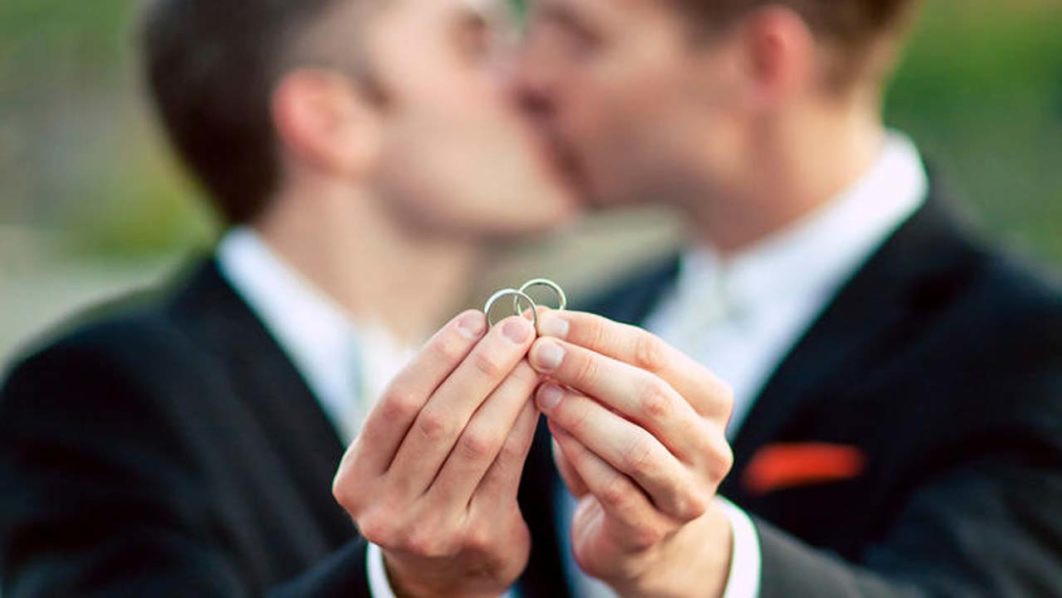
Nigerian police are considering charges against 42 men arrested in Lagos on account of their alleged homosexuality, the latest example of the country’s tough stance against the gay community.
In 2014, former president Goodluck Jonathan signed the same-sex marriage prohibition bill, forbidding marriage, same-sex cohabitation and any “public show of same-sex amorous relationship”.
Penalties range from 10 to 14 years in jail and although no one has yet been charged under the law it has stoked fear in Nigeria’s lesbian, gay, bisexual and transgender (LGBT) community.
On Saturday, dozens were arrested when police raided a hotel in the Owode-Onirin district of northern Lagos.
“We are still profiling them to determine those who are culpable before charging them to court in accordance with the law,” said Lagos state police spokesman Olarinde Famous-Cole.
“Some of them were said to be known to the residents as homosexuals and they were taken into custody for further investigation,” he added.
The 42 men remain in custody.
They were detained at a gathering where counsellors were providing HIV screening tests, said gay rights activist Bisi Alimi, who launched a petition on Twitter demanding they be released.
“The party was held in the hall of the hotel where HIV testing and counselling was available,” Alimi said.
“It wasn’t an orgy in a hotel room like we’ve read (in the media),” he said, adding that “the men arrested never said they were gay.”
In April, 53 men were arrested in the northern state of Zaria and were accused of participating in a gay wedding. They pled not guilty and were released on bail but the case has yet to resume in court.
“People arrested often find a way to get out, but there will be no updates on their case and we will not know what happened to these men,” said Alimi, who now lives in London after coming out as gay in Nigeria.
LGBT activists say the legislation is often used to extort money.
In a recent report for Human Rights Watch, researchers said the 2014 law is used to “legitimise abuses against LGBT people, including widespread extortion, mob violence, arbitrary arrest, torture in detention, and physical and sexual violence.”



